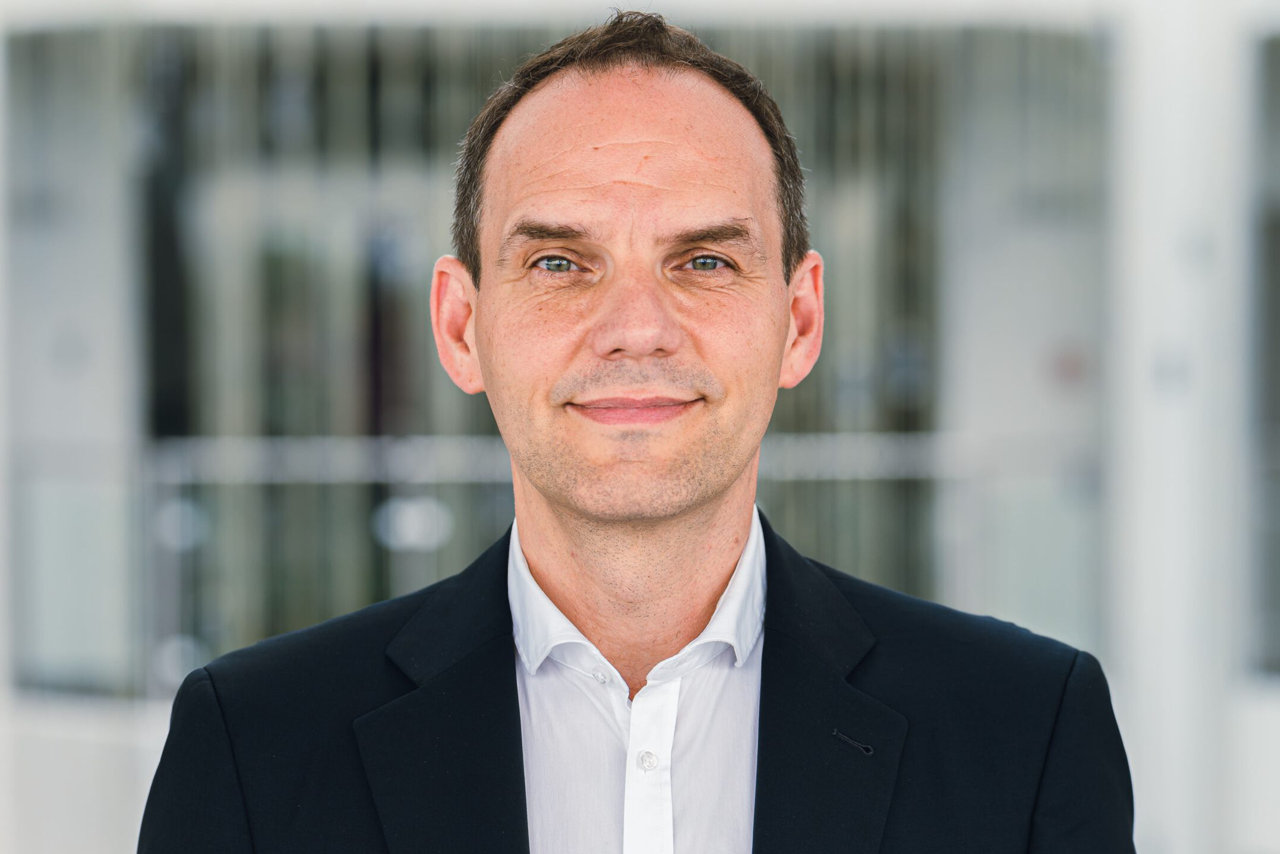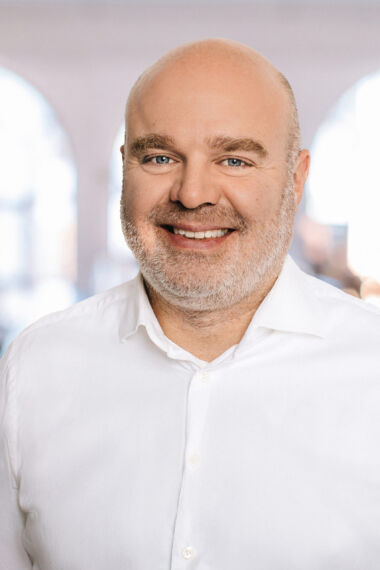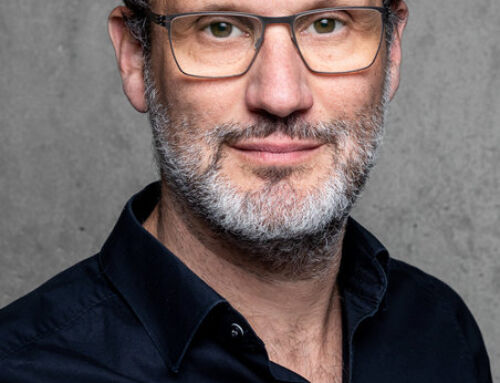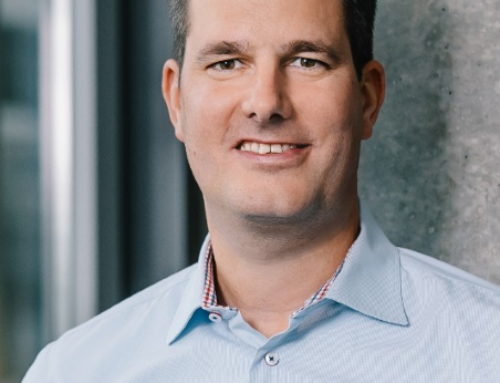Marketplace Leaders:
Ralf Bühler, Conrad Electronic

Ralf Bühler
Conrad Electronic, CEO
Conrad Electronic is doing what many are talking about: the transformation from a traditional retailer to a procurement platform. For over 100 years, the family-owned company based in Hirschau (Bavaria), has been providing access to technology and electronics – with the aim of improving people’s lives and making companies more successful. Since 2017, Conrad has been focusing on business customers and has launched an online marketplace. With a portfolio of 10 million products, Conrad delivers a dynamically expanding selection to over two million customers in Germany.
Ralf Bühler, with his international tech industry expertise in sales, e-commerce, platform, and marketing, has been the leading strategist behind Conrad Electronic since 2019. Since 2021, he has been guiding the company as CEO. As a distinguished B2B expert, his primary goal is to consistently expand the Conrad Sourcing Platform into Europe’s leading procurement platform for technical needs.
Our Managing Partner and marketplace expert Thomas Natkowski talks to Ralf Bühler about current developments and market opportunities.
Conrad has developed its own marketplace business over the past few years. Can you briefly outline the journey and highlight your current focus areas?
The key information is that we exclusively target business customers with the Conrad Marketplace. Since our founding 100 years ago, we have addressed both private consumers and businesses. In 1998, we officially established our business division, Conrad Business Supplies. In 2017, we launched the Conrad Marketplace, marking our biggest transformation to date. Since then, with the Conrad Sourcing Platform, we have clearly aimed at business customers, providing them with all the components necessary for success in procuring their technical needs.
The market environment in retail has been quite volatile in the last three years. How have you perceived and managed the various crises? What were the differences between private and business customers?
The COVID-19 pandemic has intensified the trend of increased online shopping among private consumers.
We all know how fiercely competitive the B2C business is. Conrad never aimed to compete on price alone but to stand out through advice and service. This remains true today..
Therefore, our clear shift towards B2B is definitely the right path, and we are very successful in this area. We view the Conrad Sourcing Platform as a network of people, digital solutions, services, and partners that contributes to business success, with the Conrad Marketplace as an integral component.
What makes the Conrad Marketplace so successful?
The key is that a marketplace provides added value for both sides. From the customer’s point of view, this means a one-stop store experience that is guaranteed by an equally broad and deep product range. Especially in the B2B sector, product quality plays an extremely important role. We therefore opted for a curated marketplace model right from the start. That’s why we opted for a curated marketplace model from the start. We carefully select our marketplace partners and allow only verified manufacturers and distributors. Our business development team works closely with the sales team to offer business customers the most suitable product ranges possible. Requirements can therefore be covered centrally via the Conrad Sourcing Platform. Customers also want procurement to be as uncomplicated and smooth as possible in order to save time and money in the purchasing process. We meet this requirement with customized e-procurement solutions that offer companies of all sizes and industries the right electronic connection to the Conrad Sourcing Platform.
What are the arguments for sellers?
For our sellers, the Conrad Marketplace is primarily a new sales channel that enables access to a larger customer base and new target groups without primary marketing costs or interference in price sovereignty. This is especially relevant for expansion into international markets, without the need to establish an organization or processes in the target country. We also provide our Marketplace partners with special services and tools: among other things, they receive detailed reporting with the most important key performance indicators for the performance of their products – including traffic on the product detail pages and price comparisons with other offers.
Which goals have been achieved in the first few years – and which perhaps not?
Before our marketplace launched in May 2017, we had exactly seven months to develop a concept. This was definitely a challenge, as there was no comparable offer for business customers in the tech and electronics sector in Germany at that time. The understanding of a marketplace in the B2B sector was still in its infancy at the time. Both on the customer side and on the side of the solution providers, the sellers and also internally in our company. There were significant challenges, and consequently, the GMV achieved in the first 18 months was below our expectations. On the one hand, this was due to teething problems that always occur when something new is introduced. On the other hand, it was also up to us to fundamentally change some processes, functions, the go-to-market strategy and the internal organization compared to our traditional way of working. It was precisely these adjustments that subsequently led to rapid growth.
Looking back, was this experience crucial in achieving your goals?
Exactly. What started out as learning by doing in a completely new business field is now valuable expertise:
We listened to our customers and now have a good understanding of what they want when it comes to seamlessly covering their daily technical needs.
Before the marketplace launch, we offered 800,000 items in our online shop on conrad.de. Today, there are 10 million product offers on the Conrad Sourcing Platform in Germany alone, with around 800 sellers active on our marketplace, including big names like One4Business – a SONEPAR Company, RS Components, and Kosatec Computer.
What significance does the European business have for the Conrad marketplace? Are there plans for further internationalization?
The topic of internationalization is right at the top of our agenda. We have already launched marketplaces in Austria, the Netherlands, Italy and France. German manufacturers and distributors can now also offer their goods there and vice versa. Cross-border procurement via the Conrad Sourcing Platform should be possible throughout Europe. We also want to set trends in the platform sector with regard to cross-border trade in order to become Europe’s leading procurement platform for technical requirements.
What other trends are relevant for you? For example, what role does AI play for your product range or business model?
AI is also a focus for us. For example, we work with an AI-based solution for product categorization. Recently, we have been optimizing staff planning in the Conrad logistics center with an AI-based forecasting tool. We also use AI-supported dashboards for our sellers and AI is also used to display alternative products on conrad.de. As far as generative AI is concerned, we are currently in the test phase: in one of our online shops, we are working with an AI assistant, a kind of digital advisor. It helps to find the right product for individual applications. It also provides expert answers to complex technical questions. The large language-based chatbot is currently being tested and optimized so that it can then also be made available to customers on conrad.de.
How do you assess the increasing competition from Chinese marketplaces?
Our own observations and many of our discussions with customers suggest that such platforms are often viewed skeptically. In many cases, they do not fulfill certain requirements such as SLAs and compliance aspects that are specific to B2B and are not always supported by these platforms or their providers. Regardless, our approach is to focus on the needs of our business customers and partners and do everything to meet those needs rather than worrying about what the competition is doing.
Where do you see the marketplace business in two to three years?
I think many companies are currently exploring the expansion of their business models to include a marketplace approach. However, in the B2B sector, the requirements go beyond mere product availability and are very specific, as purchasing is often not done simply through websites. Therefore, I believe not all attempts will succeed because the successful establishment of a marketplace requires a transformation of the entire business model. This goes far beyond the undoubtedly available tools and solution providers for implementing a marketplace. We have experienced this firsthand over the past few years.
Short portrait & contact – eStrategy Consulting
eStrategy Consulting helps clients to use digital innovations to further develop existing business models and to create new business opportunities. We support the retail industry in its further development towards omnichannel and connected commerce and count manufacturers, classic big box retailers, the retail real estate industry or digital marketplaces and platforms among our clients.
eStrategy Consulting covers the entire lifecycle of digital innovation, from analysis to ideation, solution development and market launch. We work as strategy and concept developers as well as seamlessly integrated and pragmatic implementation managers. To do this, we rely on a mix of methods from the world of digital business and classic management consulting. The focus is both on our client’s applying customers as well as his organization and skills necessary to operate.



